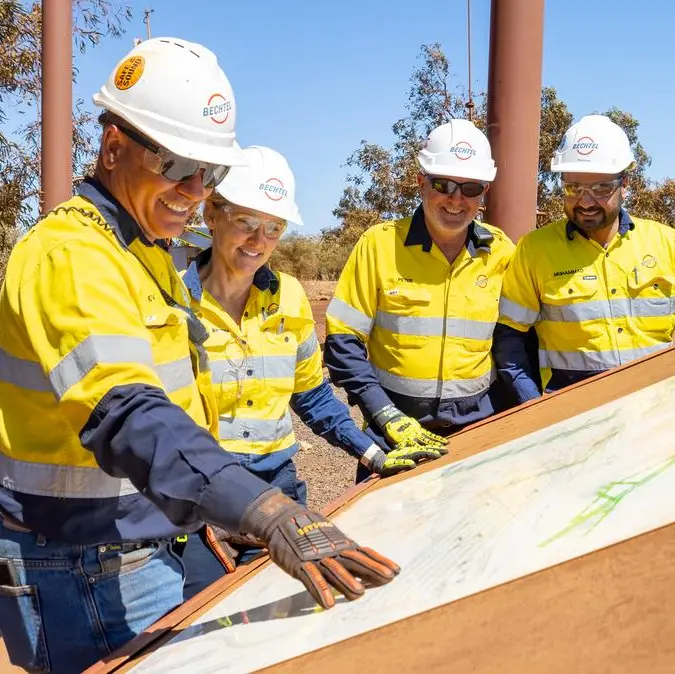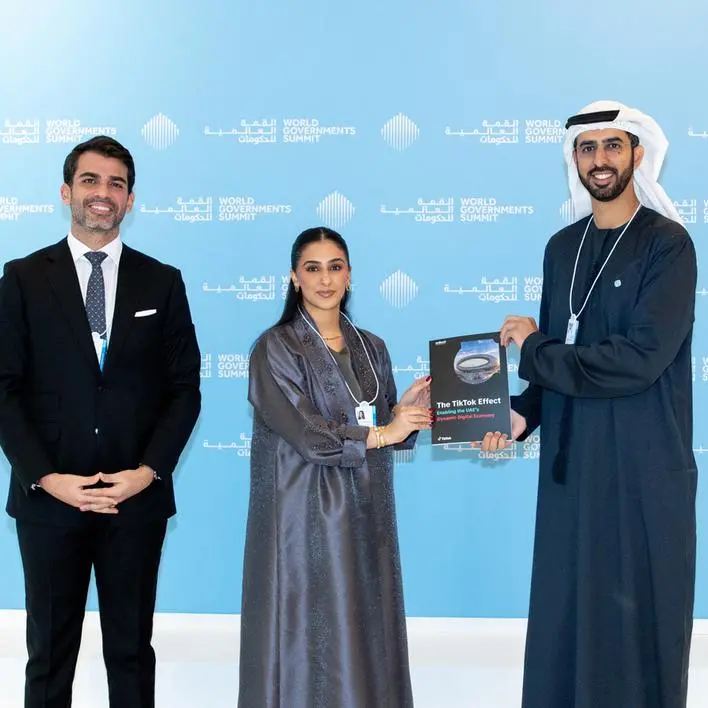Fitch Ratings-Hong Kong/London: Recent data show Qatar's fiscal deficit is narrowing despite the economic boycott that began in June, Fitch Ratings says. But the dispute still presents risks to public finances, and is one factor reflected in the Negative Outlook on Qatar's 'AA-' sovereign rating.
We expect our headline measure of Qatar's fiscal deficit to decline to 2.5% of GDP in 2017 from 5.1% in 2016, including estimated investment income of the Qatar Investment Authority (QIA). The expected improvement results from recovering oil and gas prices and an associated rebound in nominal GDP and government revenue.
Preliminary figures from the Qatar Central Bank (QCB), which exclude QIA income, showed a fiscal deficit of QAR24.7 billion in the first three quarters of 2017 (5.5% of GDP during the period), with revenues up 0.9% and spending up 1.5% on the same period in 2016. 4Q17 revenues should show a stronger pick up with the hydrocarbon price recovery, but spending is traditionally concentrated in that quarter and will also rise. The deficit was 9% of GDP in 2016 under the QCB's presentation.
There are also signs of broader economic resilience. Central bank data show non-resident interbank and customer deposits at Qatar's commercial banks grew in December for the first time since June, when Saudi Arabia, the UAE and some allies severed diplomatic, financial and trade links with Qatar and closed air, land and sea borders.
Demand for recent bond and loan placements by Qatar National Bank suggest continued interest among non-resident institutional investors (primarily from Asia-Pacific) in exposure to the country. International oil companies are keen to participate in expanding Qatar's LNG production. GDP grew 1.1% in the first three quarters of 2017, after a second-quarter contraction, while imports have rebounded, reflecting the substitution of Saudi Arabia and the UAE in supply chains.
The government's narrow tax base means revenues depend far more on hydrocarbons than on the rest of the economy. But steady economic performance could reduce the need to support the private sector and give the authorities confidence to continue fiscal reform such as implementing value added or excise tax, which has been postponed.
The dispute has not escalated and appears to have stabilised. The extreme tail risks of military confrontation, regime change or a blockade hitting Qatar's LNG exports have receded since June 2017, helped by an apparent shift in the US's stance. But it appears no nearer to being resolved, and associated spending pressures will offset some positive budgetary effects of higher oil and gas prices.
Qatar appears to have scaled up purchases of military equipment, with its air force set to increase to 96 combat aircraft from 12. Infrastructure projects underpinning preparations for the World Cup and economic diversification (worth USD130 billion for 2014-2024) are likely to become more expensive as supplies are re-routed. Private sector entities may yet require government support to deal with the loss of economic links with Saudi Arabia and the UAE. Financial market risk premiums remain higher than before the dispute.
Risks to the public finances are among those reflected in the Negative Outlook on Qatar's rating. Gross debt ratios are well above those of 'AA' category peers and government domestic borrowing has increased.
The rating is supported by the strong net external asset position. Asset market returns in 2017 supported QIA assets, and may have offset the public sector's estimated USD32 billion deposit injection into the banking sector in June-December. Full-year data on the country's balance of payments will give a fuller picture of the government's use of external assets, but this will remain incomplete because QIA assets and returns are not disclosed.
-Ends-
Media Relations: Peter Fitzpatrick, London, Tel: +44 20 3530 1103, Email: peter.fitzpatrick@fitchratings.com
Leslie Tan, Singapore, Tel: +65 67 96 7234, Email: leslie.tan@fitchratings.com
Wai-Lun Wan, Hong Kong, Tel: +852 2263 9935, Email: wailun.wan@fitchratings.com
The above article originally appeared as a post on the Fitch Wire credit market commentary page. The original article can be accessed at www.fitchratings.com . All opinions expressed are those of Fitch Ratings.
ALL FITCH CREDIT RATINGS ARE SUBJECT TO CERTAIN LIMITATIONS AND DISCLAIMERS. PLEASE READ THESE LIMITATIONS AND DISCLAIMERS BY FOLLOWING THIS LINK: HTTPS://WWW.FITCHRATINGS.COM/UNDERSTANDINGCREDITRATINGS .
Peter Fitzpatrick
Senior Director, Corporate Communications
Fitch Ratings
30 North Colonnade
London E14 5GN
T: +44 (0)203 530 1103
M: +44 (0)7809 596420
© Press Release 2018


















